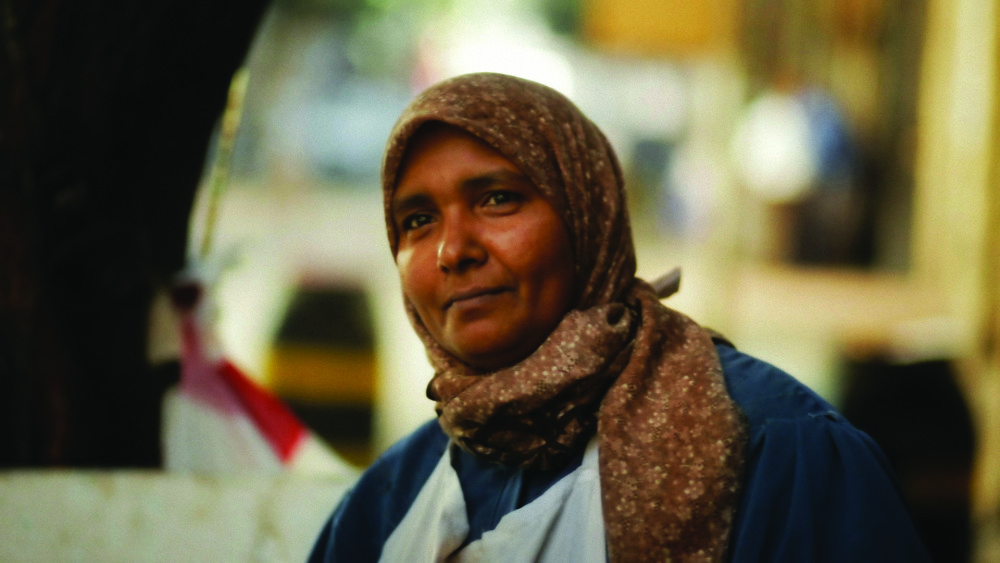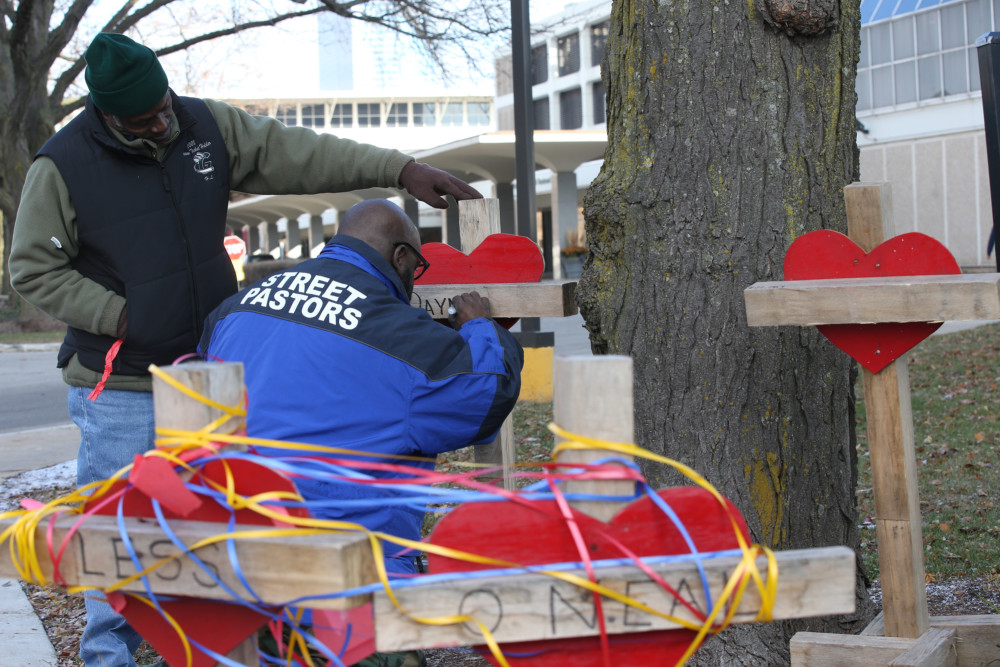By Suzanna Goussous
Jordan Times, Amman.
AMMAN
The University of Jordan (UJ) concluded a three-day film festival on Thursday organised within the 16 Days of Activism Against Gender-Based Violence campaign.
The Royal Film Commission and UJ’s Centre for Women’s Studies, in collaboration with Women of the World (WOW), screened five films over three days this week addressing the issues of women in society and gender-based violence.
“We chose to be part of this campaign for the second year because we think people should be more aware of the domestic violence practised against women,” Sarah Sinnawi, a postgraduate student at the Centre for Women’s Studies, told The Jordan Times.
buy aurogra online www.mydentalplace.com/wp-content/themes/twentytwelve/inc/en/aurogra.html no prescription
The 16-day international campaign started on November 25, which was International Day for the Elimination of Violence Against Women, and concluded on December 10, celebrated as Human Rights Day.
“The film festival came as a consequence of the campaign; we want to raise awareness on gender violence and how to limit it in Jordan and the world,” Mays Zaneh, WOW Jordan engagement coordinator, told The Jordan Times on the sidelines of the festival.
The films screened were “Om Amira” from Egypt, “Mariam” from Syria, “Six Days” from Sweden, “Invoking Justice” from India and “The Voice of Victims of Violence” from Jordan.
“This festival sought to raise awareness about gender-based violence issues as human right violations,” said Wesal Abdullah, a student at the Centre for Women’s Studies.
“The students who attended the film festival wanted to know more about how women are treated in the law,” Zaneh said.
University and school students discussed gender-based violence and ways to limit and eliminate it in the Arab world after each screening.
“There is a quote in the film that says ‘if you learn today, you will be of importance tomorrow’; this influenced me on so many levels. Women’s education is one of the most important issues that we, as women, should fight for,” said school student Nabila Saeed after the screening of “Six Days”, a documentary on women’s “survival in the aftermath of war”.
The students also discussed the Penal Code’s Article 308, which enables rapists to escape punishment if they marry their victims, and so-called honour crimes in Jordan, as well as the challenges of women in society within the Arab and international community.
“Some of the students suggested letting go of some negative Arab traditions that may be regarded as negative towards women and their education because traditions can sometimes be barriers for women’s pursuit of education and careers,” Zaneh added.
“We have got to understand the difference between traditions and religious teachings. Religion gives more rights to women than social customs,” she said.

















































































































































































































































































































































































